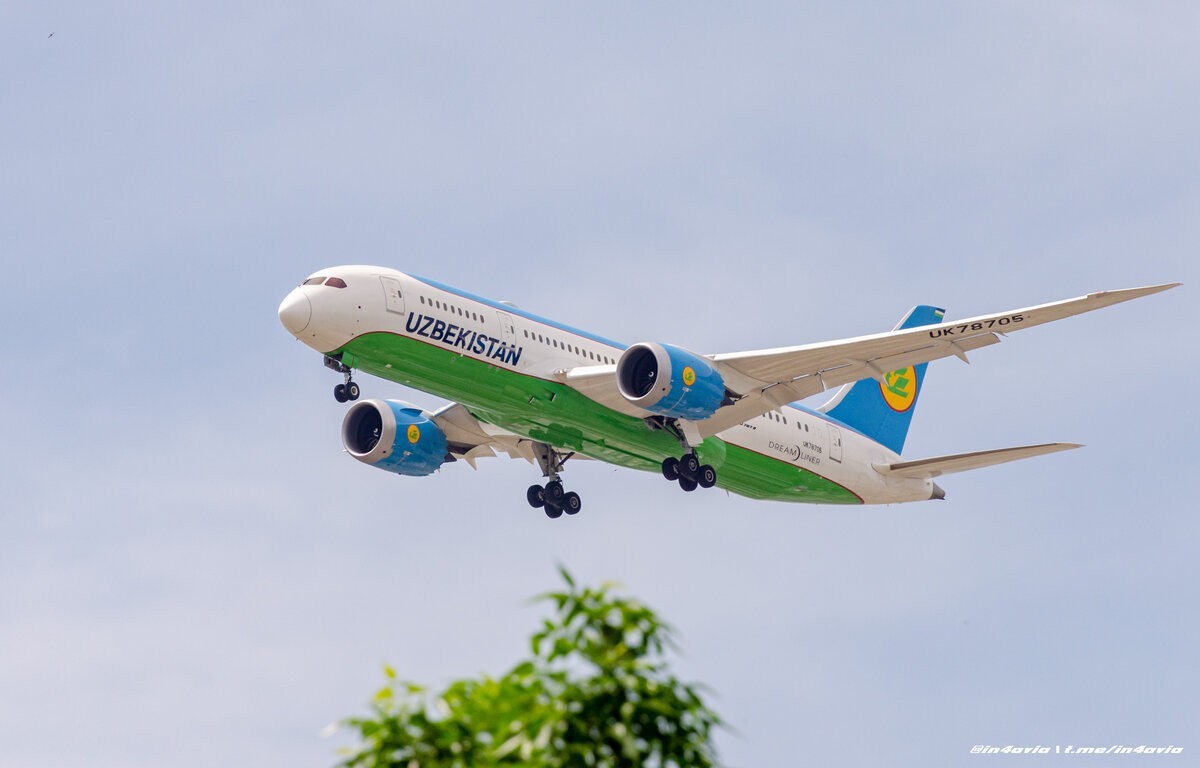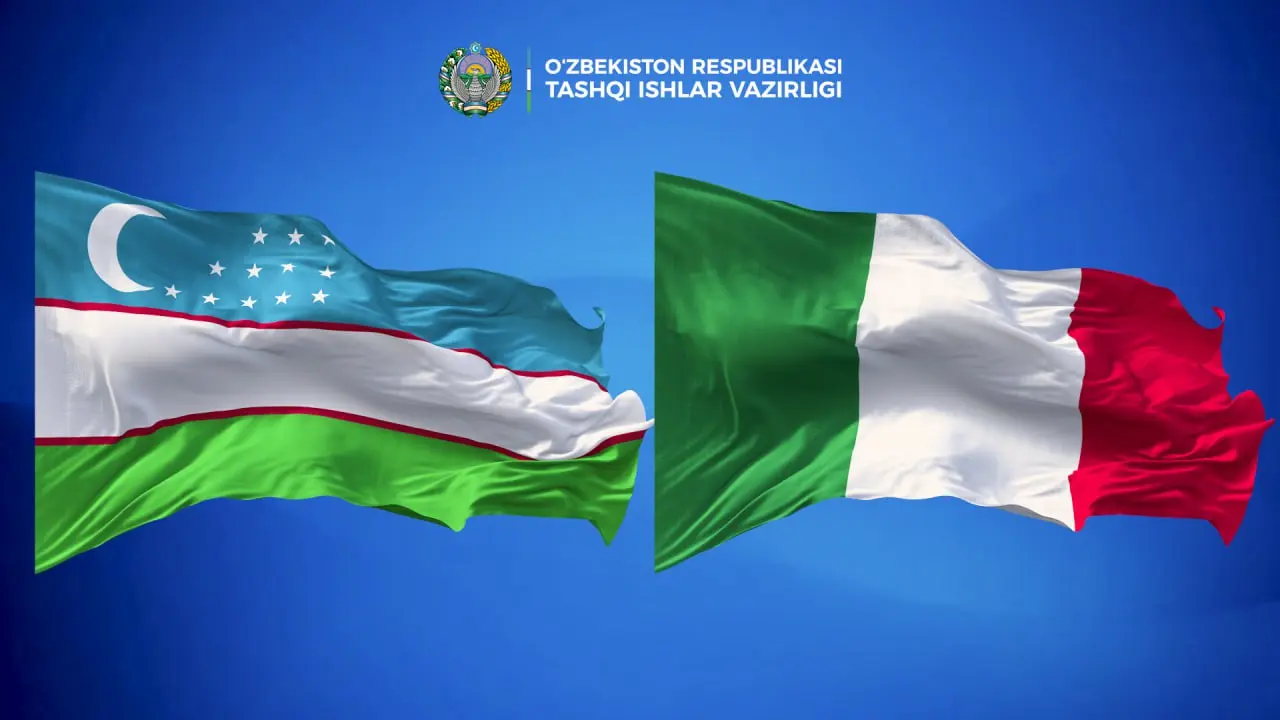Khabarovsk Krai Governor Dmitry Demeshin held a working meeting with Ambassador Extraordinary and Plenipotentiary of the Republic of Uzbekistan Botirjon Asadov. The main agenda of the talks was the expansion of bilateral cooperation in the economy, logistics and humanitarian spheres. The discussion took place against the backdrop of steady growth in mutual trade and growing interest in joint projects between the Far East region and one of the key economic partners of Central Asia.
Export supplies from the Khabarovsk Territory to Uzbekistan show positive dynamics. According to the regional authorities, in the first quarter of 2025, the volume of exports increased 1.6 times, while imports increased by 31% compared to the same period of the previous year. Fuel and energy complex products, wood, as well as fish and seafood remain the leading commodity positions on the Russian side.
During the talks, the sides discussed the possibilities of further increasing exports, in particular, the supply of wild salmon, caviar and other types of fish products. The Governor indicated potential interest in creating a multi-temperature logistics warehouse in Uzbekistan. Such an initiative, according to the regional administration, can be implemented on preferential terms and increase the efficiency of distribution of Far Eastern products in the markets of Central Asia.
In the return part of the talks, the Ambassador of Uzbekistan expressed interest in expanding the supply of fresh fruits and vegetables to the Khabarovsk Territory. Uzbekistan already occupies a strong position in the Russian agri-food market, and the development of direct logistics channels in the Far Eastern direction can open up new opportunities for producers.
Special emphasis was placed on humanitarian cooperation. Khabarovsk Krai supports cooperation with the coordinating council of the World Congress of Uzbek Associations, which implements cultural and public initiatives for the Uzbek diaspora. Ambassador Asadov noted the importance of these events for strengthening cross-cultural ties and integrating communities.
During the meeting, a positive assessment was given to the current level of bilateral relations. According to Botirjon Asadov, the trade turnover between the two countries has tripled in recent years, and the number of joint ventures has reached a significant scale: there are more than 3,000 enterprises with Russian participation in Uzbekistan, and about 600 companies registered with Uzbek capital in Russia. Prospects in the areas of investment, tourism and education were highlighted separately.
In the context of transport infrastructure, the expansion of air communication was discussed. Along with existing flights to Tashkent, the launch of direct flights between Khabarovsk and Samarkand is being considered. Increasing the frequency of flights can contribute to business mobility and the development of tourist exchange.
The working meeting was an important step in strengthening regional ties between Russia and Uzbekistan, confirming the desire for an in-depth dialogue not only at the interstate, but also at the interregional level.












